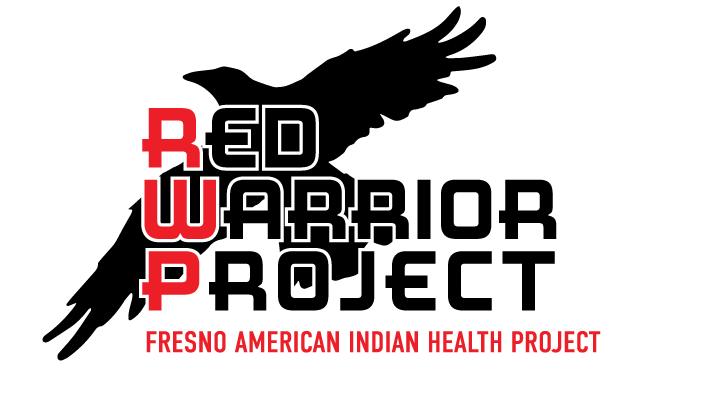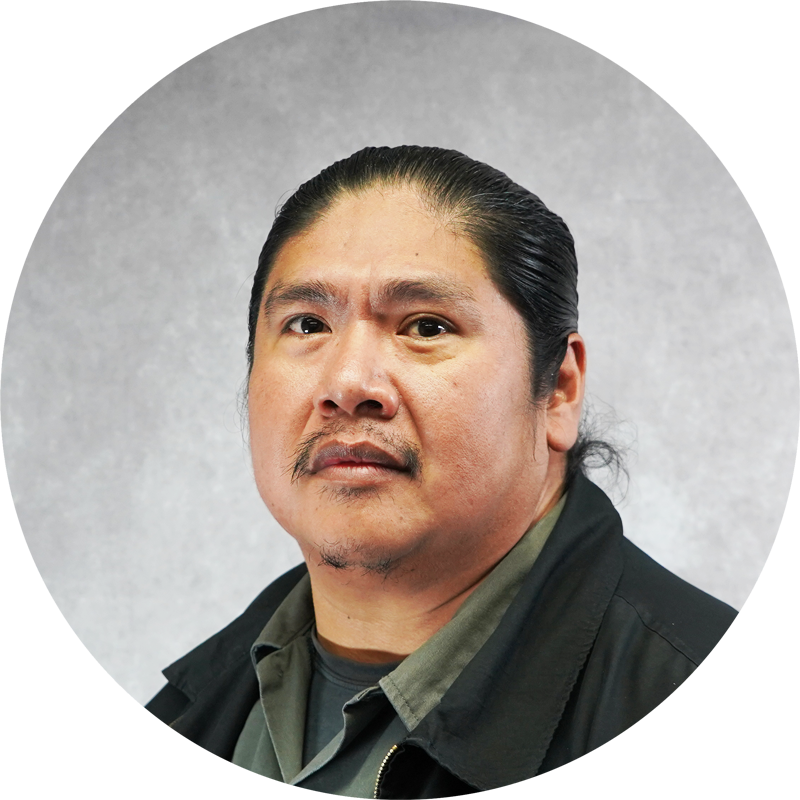FAIHP utilizes funding from the Substance Abuse and Mental Health Services Administration (SAMHSA) HIV Prevention Navigator Program to operate The Red Warrior Project, a new program that aims to expand and enhance prevention services in order to sustain alcohol and other drug prevention activities in Fresno’s urban Native teen youth and young adult community. Red Warrior Project (RWP) will provide prevention and HIV/Substance Use education services. Additional services will include prevention outreach and education, case management, assistance in navigating resources for treatment, follow-up for resource linkages, educational workshops, and HIV testing referrals. This grant will support the FAIHP Red Warrior Project team in accomplishing the following goals:
Goal 1: Reduce high-risk behaviors of Native American youth, ages 13-24, in Fresno County by implementing evidence-based programs in the community.
Goal 2: Improve the access to HIV and substance misuse treatment services for Native American youth in Fresno County
Goal 3: Increase access to harm/risk reduction services for Native American youth in Fresno County.
Goal 4: Increase the number of culturally competent HIV and substance misuse treatment providers in Fresno County.

Culture Is Prevention
What is HIV?
HIV (human immunodeficiency virus) is a virus that attacks the cells that help the body fight infection, which would make someone more vulnerable to other types of infections. It’s spread by contact with certain bodily fluids, such as semen, vaginal fluid, breast milk, and blood from a person with HIV. In Indian country, this occurs most commonly among men engaging in unprotected sex with other men, and in women who have shared injection drug equipment, but it’s important to remember that it can also be passed in heterosexual relationships, or from mother to infant. If left untreated, HIV can lead to the disease AIDS (acquired immunodeficiency syndrome).
What is AIDS?
AIDS is often the last stage of HIV infection that occurs when the body’s immune system is severely damaged as a result of the virus. In the U.S., most people with HIV do not develop AIDS because taking HIV medicine every day as prescribed can stop the progression of the disease. Without treatment or medication, people with AIDS typically survive about 3 years. Once someone has a dangerous opportunistic illness, life expectancy without treatment falls to about 1 year, and this is why people with HIV/AIDS are considered highly susceptible to viruses like COVID-19. In many cases, HIV medicine can still help people at this stage of HIV infection, and it can even be lifesaving.
How would I know if I have HIV?
The only way to know for sure if you have HIV is to get tested. Testing is relatively simple. You can ask your health care provider for an HIV test. Many medical clinics, substance abuse programs, community health centers, and hospitals offer them too. HIV self-testing is also an option. Self-testing allows people to take an HIV test and find out their results in their own home or other private location. You can buy a self-test kit for around $35 at a pharmacy, like CVS or Rite Aid, or look online.
To find an HIV testing location near you, use the HIV.gov Services Locator or get in touch with me by calling the front desk at (559)320-0490, and ask to speak with Julianna.
Meet The Team

Jeremy Bill
Health Promotion Manager

Julianna Rios
Lead Navigator